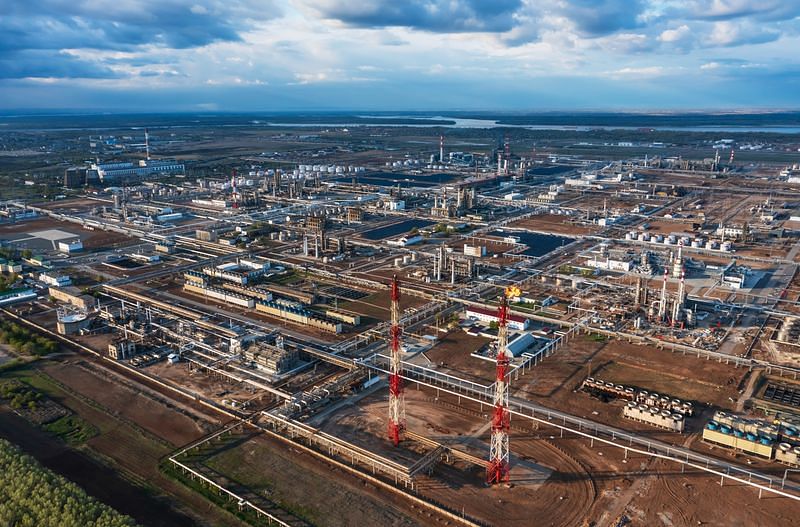Bulgaria faces a significant financial hurdle in its quest for modern water infrastructure. Upgrading the country's water supply and sewerage systems to meet European standards will require an estimated $8.32 billion, according to Irena Georgieva, Executive Director of the Bulgarian Water and Sewerage Holding. This pressing need comes to light as the world observes World Water Day, themed "Water for Peace" in 2024.
The impetus for this substantial investment lies in the nation's aging infrastructure. Outdated pipes and systems are the primary culprits behind water losses throughout Bulgaria's networks. Georgieva emphasizes the need for significant upgrades to meet the demands of a modern European nation.
While the price tag may seem daunting, Georgieva highlights the potential benefits of a revamped water infrastructure. Modernized systems would not only reduce water loss but also improve overall water quality for Bulgarian citizens. This, in turn, could lead to improved public health outcomes and a more sustainable water management system.
Financing this large-scale project, however, presents a challenge. Water utilities, which operate the current infrastructure, are commercially driven entities. Any investment they make needs to be recouped through water tariffs. Simply raising prices on consumers may not be a viable solution.
Georgieva proposes a multi-pronged approach to secure the necessary funds. European Union funding represents a potential source of financial support. She urges municipalities to actively participate in the application process for these grants. Additionally, exploring alternative financing models that go beyond solely relying on water tariffs might be necessary. Public-private partnerships or innovative financing mechanisms could be potential avenues to consider.
The Bulgarian government also has a role to play. Creating a regulatory framework that incentivizes investment in water infrastructure could prove beneficial. Streamlining bureaucratic processes and offering tax breaks for companies involved in water network upgrades are potential strategies.
Upgrading Bulgaria's water infrastructure is not just a financial issue; it's a public health and environmental concern. Addressing this challenge will require a collaborative effort from the government, water utilities, the European Union, and potentially private investors. With a well-defined plan and a commitment from all stakeholders, Bulgaria can secure the necessary funding to ensure a clean and reliable water supply for its citizens for years to come.

